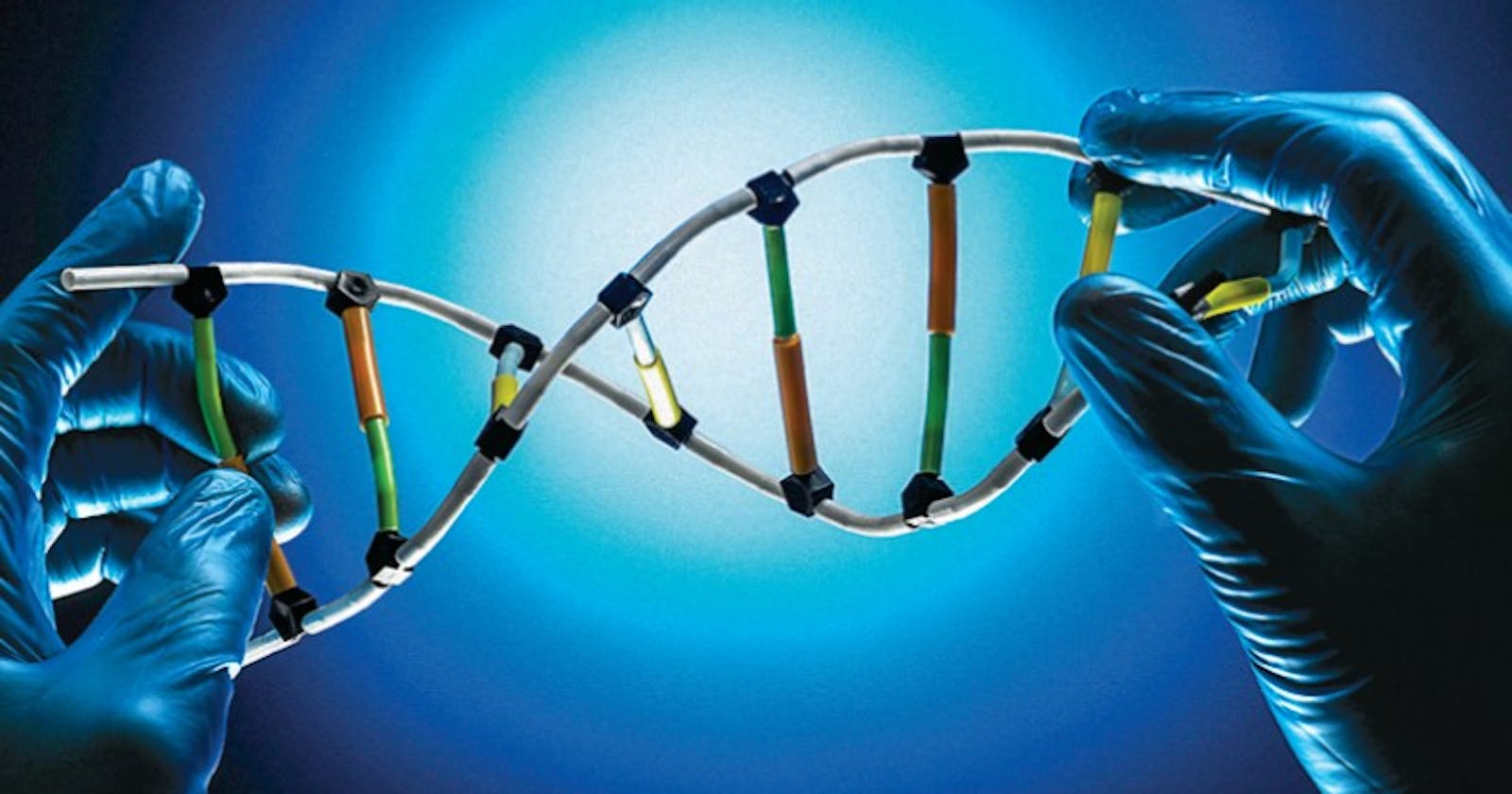Market Overview
Synthetic biology, an interdisciplinary field merging biology and engineering principles, has emerged as a revolutionary force in biotechnology, offering transformative solutions to address pressing challenges across various industries.
This market overview provides insights into the dynamic landscape of the synthetic biology market, exploring key trends, drivers, challenges, and opportunities shaping its growth trajectory.
Market Size and Growth
The synthetic biology market has witnessed significant growth in recent years, driven by increasing research and development activities, advancements in gene editing technologies, and growing demand for sustainable solutions.
In a recent report, KBV Research projects that the global synthetic biology industry will develop at a compound annual growth rate (CAGR) of 18.7%, with a projected value of $46.7 billion by 2030.
Key Market Trends
Rapid Advancements in Gene Editing Technologies:
Breakthroughs in CRISPR-Cas9 and other gene editing tools have revolutionized the field of synthetic biology, enabled precise manipulation of genetic material and accelerated research in areas such as gene therapy, drug discovery, and agricultural biotechnology.
Emergence of Synthetic Biology Startups:
The proliferation of synthetic biology startups, fueled by venture capital investments and government initiatives, is driving innovation and entrepreneurship in the field. These startups are developing novel applications and technologies, ranging from biosensors and biofuels to cell therapies and biomanufacturing platforms.
Shift Towards Sustainable Solutions:
With increasing emphasis on sustainability and environmental conservation, there is growing interest in using synthetic biology to develop eco-friendly alternatives to traditional manufacturing processes, chemical production, and agricultural practices.
Market Drivers
Growing Demand for Precision Medicine: The rising prevalence of chronic diseases, personalized healthcare initiatives, and advancements in genomics are driving demand for precision medicine solutions. Synthetic biology enables the development of customized therapies, diagnostic tools, and regenerative medicines tailored to individual patients' genetic makeup.
Expansion of Industrial Biotechnology:
The adoption of synthetic biology in industrial biotechnology is expanding, driven by the need for sustainable manufacturing processes, bio-based chemicals, and renewable energy sources. Synthetic biology offers cost-effective and environmentally friendly alternatives to conventional methods.
Increasing Investment in Research and Development:
Governments, academic institutions, and private organizations are investing heavily in synthetic biology research and development initiatives, driving innovation and technological advancements.
Market Opportunities
Expansion into Emerging Markets:
The growing adoption of synthetic biology in emerging markets, including Asia-Pacific and Latin America, presents lucrative opportunities for market expansion. Rising investments in biotechnology infrastructure, increasing healthcare expenditure, and supportive government policies are driving demand for synthetic biology solutions in these regions.
Collaborations and Partnerships:
Strategic collaborations between academia, industry, and government entities are fostering innovation and accelerating commercialization in the synthetic biology market. Partnerships enable knowledge exchange, access to complementary technologies, and shared resources, facilitating the development and deployment of novel synthetic biology applications.
Market Challenges
Ethical and Regulatory Considerations:
The ethical implications of synthetic biology, including concerns about biosecurity, biosafety, and unintended consequences, pose challenges to its widespread adoption. Regulatory frameworks governing the use of synthetic biology technologies.
Complexity of Biological Systems:
The inherent complexity of biological systems presents challenges in engineering predictable and reliable biological components and organisms. Designing and optimizing synthetic biological systems require interdisciplinary expertise.
Conclusion
The synthetic biology market is poised for robust growth, driven by technological advancements, increasing demand for sustainable solutions, and growing investment in research and development.
While challenges such as ethical considerations and biological complexity persist, the market presents vast opportunities for stakeholders to leverage synthetic biology innovations to address global challenges and drive societal impact across diverse industries.
